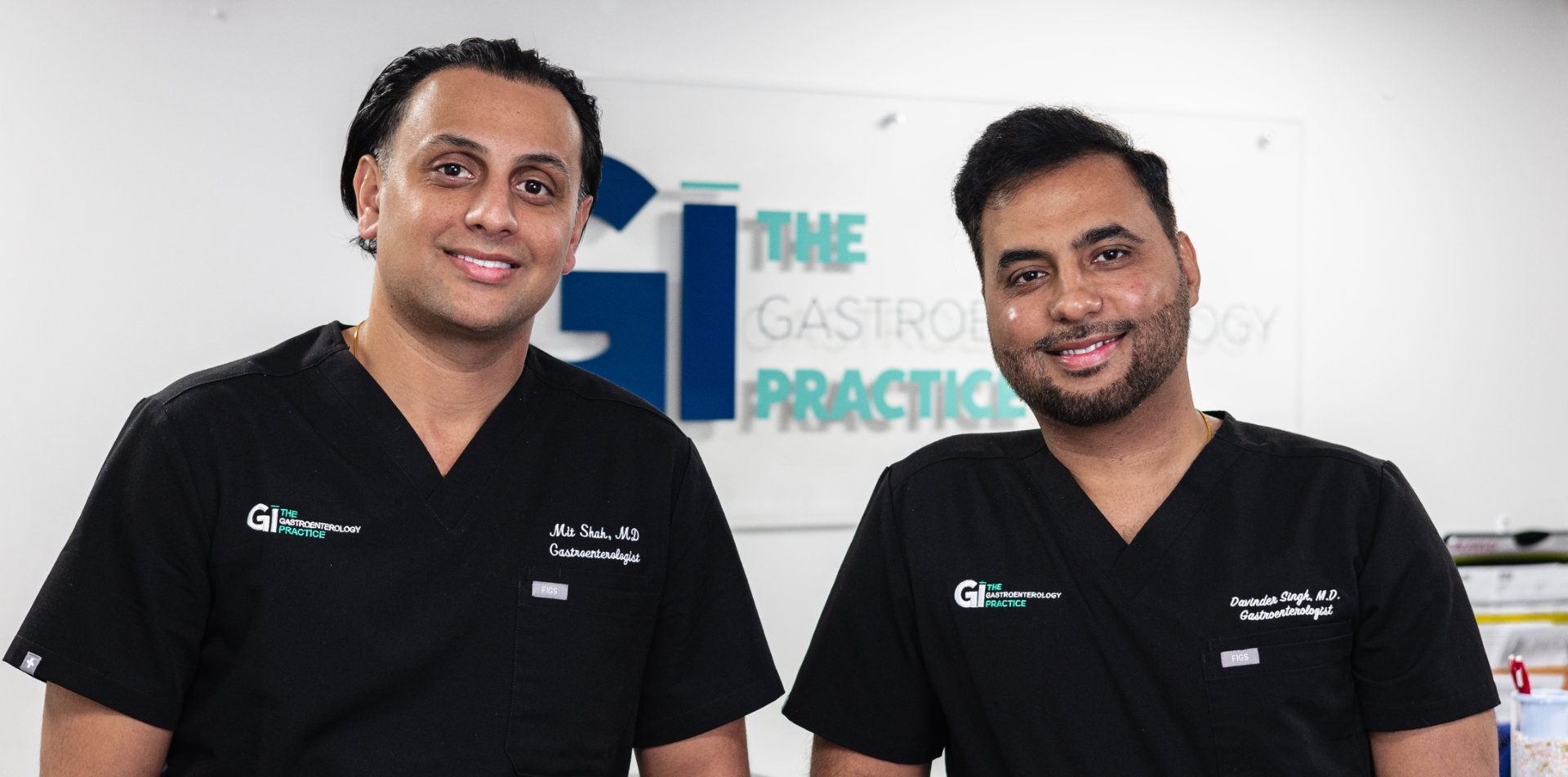For residents of Long Island, including Queens and Levittown, experiencing rectal bleeding, thorough evaluation and expert care are crucial. At The Gastroenterology Practice, Dr. Mit Shah leads a dedicated team that offers comprehensive diagnostic and treatment options. Understanding the symptoms and potential causes of rectal bleeding is essential to preserving your digestive health and well-being. In fact, rectal bleeding is a common symptom with various causes, including hemorrhoids, anal fissures, and colorectal cancer.
I had a pleasant experience at this office. Dr. Shah was very professional, kind and knowledgeable. The office is very clean and welcoming. The staff is friendly and make you feel relaxed. Very easy to schedule procedures and the wait time is very short. I highly recommend them.
What Triggers Rectal Bleeding and Common Causes
Rectal bleeding, characterized by blood emerging from the anus, can stem from several conditions. Common culprits include:
- Hemorrhoids
- Anal fissures
- Colon polyps
- Ulcers
- Anal and colorectal cancer
- Inflammatory bowel disease
- Diverticulitis
Typically, bright red blood suggests problems lower in the digestive tract, such as hemorrhoids. Conversely, tarry stools may indicate issues in the upper gastrointestinal tract. Understanding these triggers can aid in the timely seeking of medical care.
It’s worth noting that serious pathology was detected in 44.4% of patients over 40 presenting with rectal bleeding, underlining the importance of evaluation.
Recognizing Symptoms of Rectal Bleeding
Symptoms of rectal bleeding can vary significantly. Common manifestations include:
- Blood on toilet paper
- Bleeding in undergarments or the toilet bowl
- Bright red blood, often indicating a lower digestive issue
- Dark or tarry-looking stool that may signal an upper GI problem
If you notice these symptoms, especially if they recur or are accompanied by abdominal pain or weight loss, it is vital to consult a healthcare professional like Dr. Shah, who is board-certified in gastroenterology and has extensive experience in managing these conditions.
When to Schedule a Consultation with a Doctor
Many individuals who experience rectal bleeding do not seek medical attention. However, addressing the underlying cause is critical to preventing complications. You should consult Dr. Shah at The Gastroenterology Practice if:
- You notice ongoing or significant bleeding
- Accompanied symptoms include severe pain or unexpected weight loss
- You experience changes in bowel habits
Early intervention can lead to a more favorable outcome and mitigate health risks.
Age is a significant risk factor for colorectal cancer, with the odds of colorectal cancer increasing with age, significantly for those aged 50 and above.

How Rectal Bleeding is Diagnosed
The evaluation process at The Gastroenterology Practice includes:
- A thorough review of your medical history and symptoms
- Comprehensive physical examination
- Diagnostic procedures such as colonoscopy, sigmoidoscopy, or stool tests
Dr. Shah employs state-of-the-art endoscopic techniques to identify the source of bleeding effectively while ensuring patient comfort and safety throughout the diagnostic process.
With an annual volume of over 1000 colonoscopy procedures, Dr. Shah ensures that every patient receives specialized attention during their diagnosis.
Treatment Options for Managing Rectal Bleeding
Treatment strategies at The Gastroenterology Practice are tailored to the underlying cause of rectal bleeding:
- For benign causes like hemorrhoids, lifestyle and dietary modifications, such as a high-fiber diet, may be recommended.
- For more serious conditions, targeted treatments may include noninvasive or minimally invasive procedures.
Dr. Shah thoroughly discusses all treatment options with you, empowering you to make informed decisions regarding your digestive health.
For conditions such as inflammatory bowel disease (IBD), early intervention is critical.
Frequently Asked Questions About Rectal Bleeding
-
It is important to consult a healthcare provider if you notice any blood in your stool, as it can be a sign of a more serious condition.
-
While some causes of rectal bleeding, such as hemorrhoids, may be benign, it is crucial to get evaluated to rule out serious conditions.
-
The American College of Gastroenterology recommends regular screening starting at age 45, or earlier if you have risk factors.

The Gastroenterology Practice Advantage for Long Island Residents
The Gastroenterology Practice stands out in providing specialized care for digestive health. Under the leadership of Dr. Mit Shah, who has extensive training and experience in gastroenterology, including work in major institutions, patients receive evidence-based, compassionate care.
Dr. Shah has been recognized as Fellow of the Year and offers the highest standard of care.
Key benefits of choosing our practice include:
- Board-certified gastroenterologists trained at leading medical institutions
- Comprehensive digestive evaluations using advanced diagnostic technologies
- Personalized treatment plans tailored to individual health needs
- Convenient locations in Queens and Levittown for easier access to care
Schedule Your Consultation Today
If you are experiencing rectal bleeding or other digestive health concerns, schedule your consultation with Dr. Mit Shah at The Gastroenterology Practice. With his expertise and commitment to comprehensive patient care, you can find the answers and treatment you need in Long Island, Queens, and Levittown, NY. Don’t wait—contact our award-winning team today.
